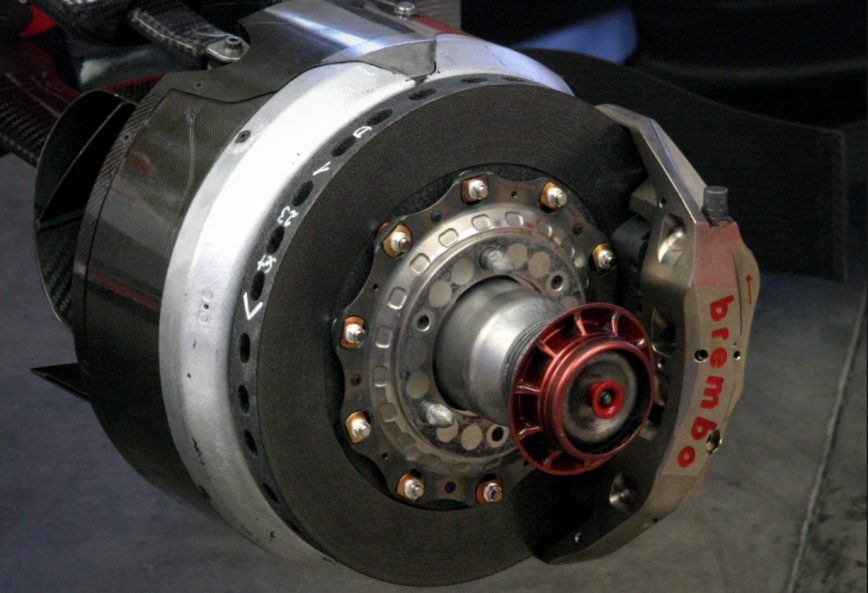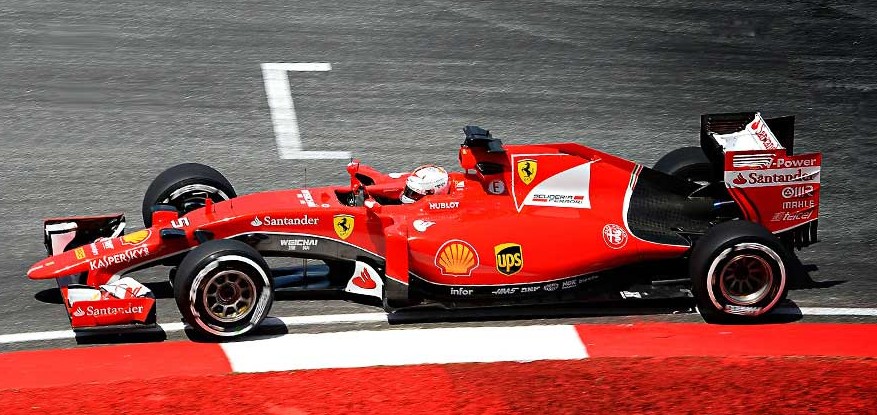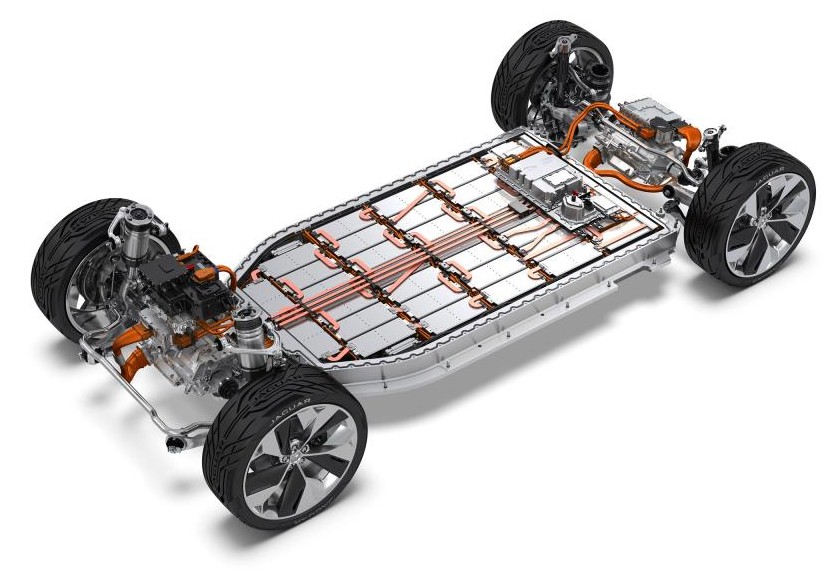By: Tycho de Feijter for 6th Gear Automotive Solutions.
Beijing, May 2018

The Italian brake maker Brembo says that brake-by-wire systems will go mainstream in the foreseeable future.
In the automotive industry, brake-by-wire technology is the ability to control brakes through electrical means. It can be designed to supplement ordinary service brakes, or it can be a standalone brake system. This technology is widely used on all hybrid and battery electric vehicles, including the Toyota Prius.
With a brake-by-wire system, the physical and mechanical link between the brake pedal and stoppers is broken. The brake pedal becomes just an interface through which the driver informs the car how much they want to slow the car down, the car then interprets that input, and activates the brakes.

The technology hasn’t reached the mainstream yet because the current generation of break-by-wire systems lack the feeling and feedback of a normal hydraulic brake system. But Brembo now says that their experiences in Formula 1, where brake-by-wire systems have been used for years, has thought them lot about how to make brake-by-wire more responsive. In the future, brake-by-wire systems can be changed by the driver; to create a soft or firm feel, or shorter or longer pedal travel, much like the driving modes for suspension and steering right now.

Furthermore, electric signals are faster and more manageable than hydraulic ones, while by-wire systems will simplify vehicle architectures, according to Brembo. This will be especially important for electric cars. EVs tend be be heavier than gasoline-powered cars, and they are fast becoming very powerful and fast, so they need more and faster braking power.
The end of the hydraulic brake however won’t come very quick. Brembo expects a long transition period where hydraulic and electric brake systems will coexist, just like drum- and hydraulic brakes went together in the 1920’s and 1930’s.